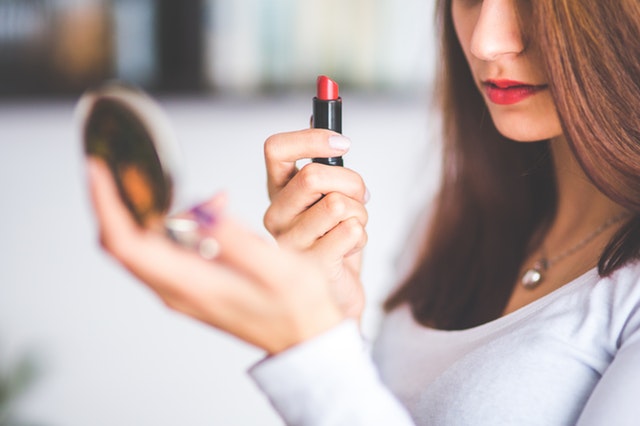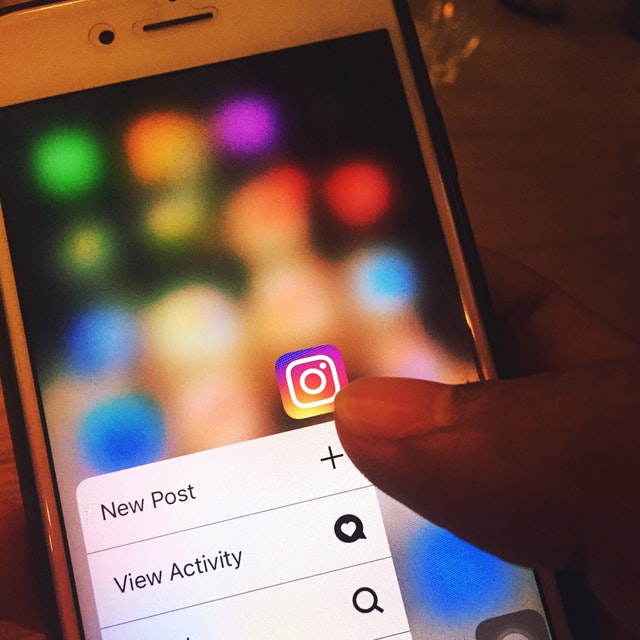
This week I’ve been noodling a lot on 5’2″ powerhouse Rachel Hollis. So you would have find me nestled in a (digital) pile of articles, photos, and from an author’s standpoint, a bit of healthy intimidation. This woman’s a machine.
Hollis is a brand manager, social media maven, and owner of several companies. Her book, Girl, Wash Your Face, sold over 800,000 copies in 2018, plopping it in the top ten books sold in America last year…and she just released another.
Wikipedia reports that Hollis’
breakthrough moment on social media came in March 2015, when an Instagram photo of her celebrating her stretch marks went viral. “I wear a bikini because I’m proud of this body and every mark on it. Those marks prove that I was blessed enough to carry my babies and that flabby tummy means I worked hard to lose what weight I could,” she wrote in the post. It garnered more than 10 million views.
She’s written an article for Time, “Why I Decided to be an Imperfect Mother.” And Time reports, “She talks about how she overcame being bad at sex, the time she peed her pants, her boob job, her mommy guilt and her hairy toes.”
Although it clarifies, “She opens chapter six [of her latest book] proclaiming that 850,000 people saw her fail, only to reveal her definition of failure by explaining that she told her social media followers she wanted a New York Times bestseller and Wash Your Face took 10 weeks to get there.”
Curated Imperfection?
I’ve been thinking a lot about what climate, what hunger in women, makes Hollis the “it” writer in this moment. I’ll share my thoughts with you soon in another post.
But I was particularly stricken by a post in the Houston City Mom’s Blog: Rachel Hollis and the Dangers of Curated Imperfection. The writer explains,
When we are bombarded day after day with images of wildly successful social media influencers giving us a “behind the scenes” look at their lives, we begin to take those images as reality, and not the meticulously staged, perfectly timed unreality they actually are.
Also, these images tend to focus on aesthetic “messiness” {dirty dishes piled in the sink, no-makeup faces, children throwing tantrums} and not the actual, pervasive messiness of motherhood that no one wants to talk about–crippling anxiety, losing our temper and screaming at our kids, or a marriage hanging on by a thread, for example.
When we compare the two, it’s easy to fall into the shaming belief that our own messiness is far too much to admit to.
Perhaps this was sobering to me because I can completely see myself, as writer and as human, curating that imperfection.
Sure, I attempt to pry myself open a bit about ways I’m biting it as a parent, my own failure, my own stupidity (there’s a lot of material there, people. You could read about my failure in about 20 posts like this. Or my anger and anxiety here.)
But I also totally did not post a recent selfie of a friend and I. See, there was that double chin and the expression resembling something I’d seen on Richard Nixon. Admittedly not a good look for me.
But often, that curation extends into the image any of us project, right? Maybe we want to be approachable mom who has her act together in a loveable way. In all the important ways.

Curated Common Sense
Of course, there’s some common sense that goes into our curation.
- My kids don’t need to have their weaknesses broadcast into cyberspace. (A speaker at a recent writer’s conference speculated about the vast future job market for counselors who will help this generation of children of blogging mothers.)
- Though I believe about blogging about weakness–often as it is happening–it’s only healthy that first, you process with people closest to you.
- No one wants to be a double-chinned Nixon lookalike. This is not a plea for us to post our pictures where we had that booger hanging out. Or to claim “authenticity” is making sure everyone sees that photo of your muffin top. It’s healthy to have some social understanding.
- I don’t believe social media (or “reality”–ahem–TV) is a wise space for our open vulnerability. No one should be broadcasting their most intimate feelings where no one’s there to look them in the eyes, ask questions, and receive them. More often, social media is about image-management. It’s suitable for announcements and things you’d report to a group of friends and/or acquaintances. Think of it like the family Christmas letter. (I wrote on this in Spiritual Life Skills for Kids: Living in Community).
- Differentiate between vulnerability and being truthful.

So what are you asking for?
There can be a bit of oh-so-subtle manipulation that goes on when we’re picking and choosing photos and stories to tell, like it’s our personal brand. Like we’re all our own image- and media managers.
We’re suddenly very self-conscious, rather than self-forgetful. (I love, love this little book by Tim Keller on self-forgetfulness.)
We’re presenting an image of ourselves rather than just being ourselves. We’re pouring effort into a lie. Not just I’m-pulling-the-picture-that-makes-my-hair-look-like-dryer-lint. We’ve moved beyond loving people and connecting with them through social media to being onstage. (Don’t miss How would Jesus tweet? Social media as love.)
In her book Present over Perfect, Shauna Niequist speaks of
a life marked more by presence and connection and less by exhaustion and competition…
Present over perfect living is real over image, connecting over comparing, meaning over mania, depth over artifice.
That’s what I want more of, friends. Life untucked. More presence and connection–not just offering my curated self, my image, but my only minimally-edited self (I will be wearing clothes, using manners, trying to love you more than me). Less finagling and manipulation. (Grab 8 practical ideas for this here.)
Our relationships need a little less eyeliner, maybe a little more eyes-open to the people around us and what they need. (Which is probably not me assuring them my life is adorably im-perfect-ish.)
Let’s curate less, and in the right, safe circles, confess a little more.












![Now You're Speaking My [Love] Language Now You're Speaking My [Love] Language](https://www.janelbreitenstein.com/wp-content/uploads/2015/08/love-languages-text-1.jpg)





Leave a Reply